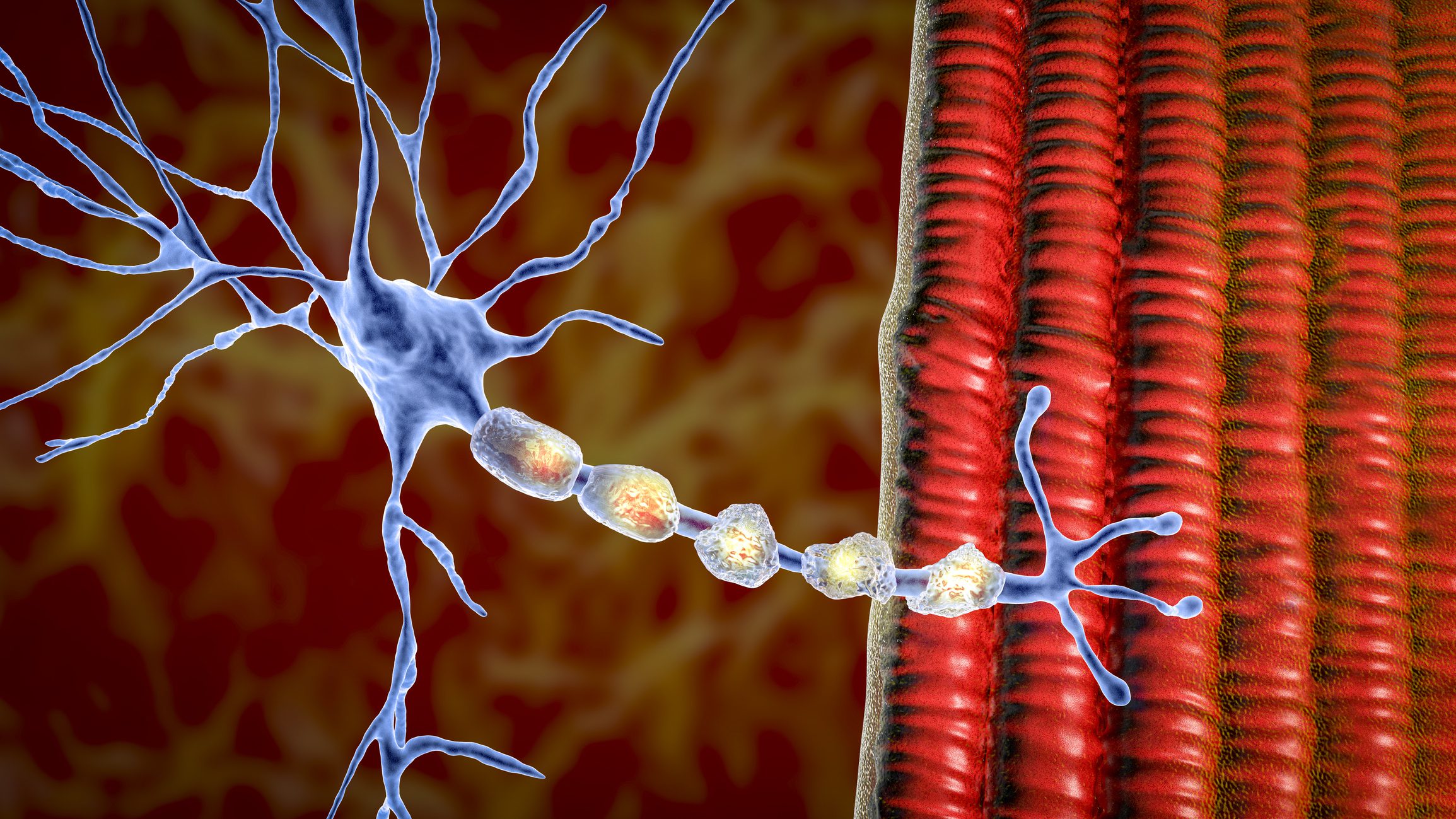Amyotrophic lateral sclerosis (ALS) is a rapidly progressing, as yet incurable neurodegenerative disease that poses considerable medical, therapeutic and social challenges. Despite its comparatively low prevalence, ALS represents a central issue in neurological research due to its complexity and severity. New findings on molecular pathogenesis, the role of genetic factors and the development of innovative therapeutic strategies open up promising prospects for diagnosis, treatment and care.
Autoren
- Tanja Schliebe
Publikation
- InFo NEUROLOGIE & PSYCHIATRIE
Related Topics
You May Also Like
- Patient-oriented recommendations for action
Effect of heat on diabetes technology
- Cardiovascular risk and obesity
Pathomechanisms, secondary prevention and treatment options
- Ventricular arrhythmias
Indication for ICD or WCD?
- Early breast cancer
Overweight and obesity worsen the prognosis
- Psoriasis treatment with biologics
What are the latest trends?
- Flu vaccination for older people
Benefit of the high-dose influenza vaccine
- Findings from the ALS Symposium 2024 in Montreal
Current and future approaches in the treatment of amyotrophic lateral sclerosis (ALS)
- Artificial intelligence









